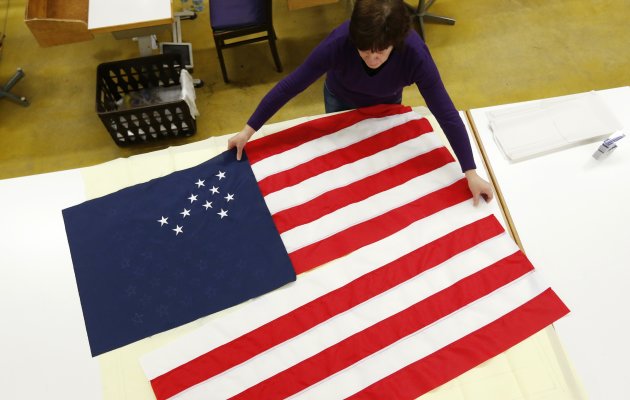A lot has been written about the future of the Doha round of negotiations as well as the further of WTO itself.
I found this piece by Aldo Matteucci straightforward and simple. It offers a number of solutions to the present political impasse and how the complex international trading system must be navigated. I have blogged about what constitutes "national interest" in the context of international trade, especially in the context of private businesses here and here. This question becomes all the more intriguing considering the fact that governments are the sole participants at the WTO. While internal consultation processes take into account varied domestic interests, including business or private sector interests, there is a feeling that the multilateral institution should do more to take into account "non-State" interests.
On private sector involvement the piece comments:
"Under the main heading “WTO and you” the organization’s website recognizes journalists, students, Parliamentarians, and NGOs. It is slightly puzzling that those who are directly affected by the international trading system – firms that in one way or another trade over the border – have no dedicated portal in the organization or specified and institutional role to play. Of course contacts take place, but what is needed is a definition of the private sector’s role in managing the trading system.
The current situation reflects the traditional approach where the state was the sole representative of the national interest. In a complex trading system, where many firms have become “transnational”, the role of the country of origin loses focus. At least in the problem-defining and the solution-shaping phase (i.e. in setting the agenda, the objectives, and a list of desirable outcomes) the voice of the private sector should be recognized directly and in a structured manner. Firms should have a choice of channel in which to voice their concerns. This would be the best way to secure their support for the process. Involving the private sector in a multilateral structure might collaterally lead to more nuanced national positions and may become a stabilizing factor (not to speak of chances of getting agreements through Parliament)."
What the choice of channel should be and to what extent non-state actors should have a role in representing "national interest" is a debatable issue. However, a state-business collaborative effort would seem the only way that a meaningful intervention can be made in the complex arena of international trade.

